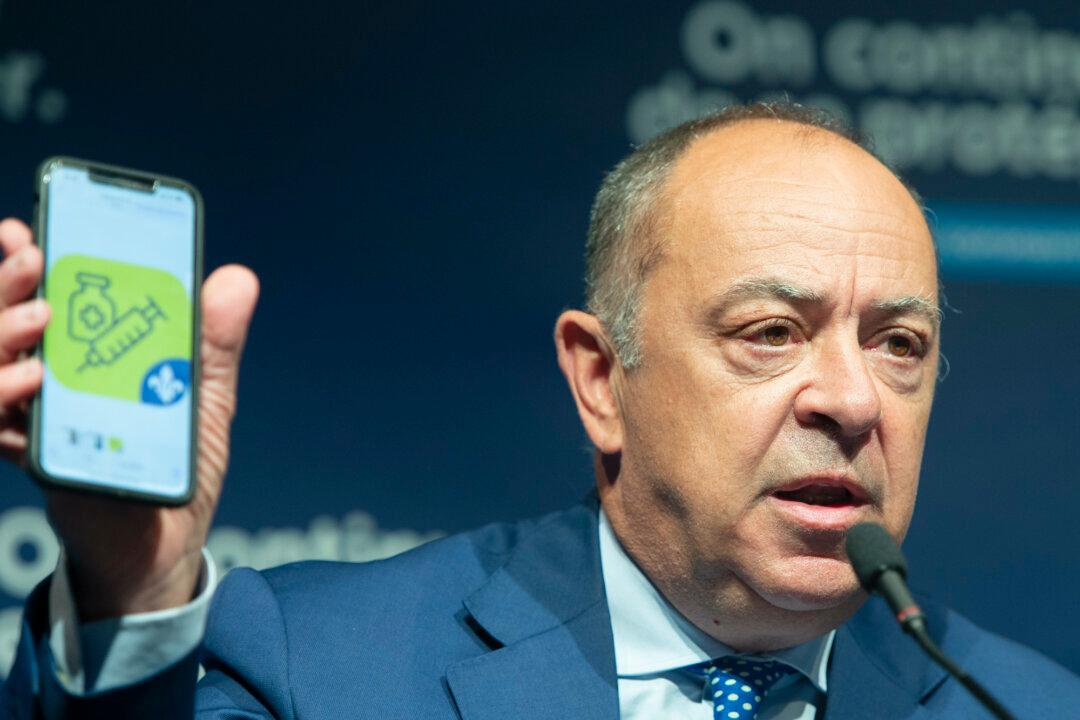Ottawa is proceeding with new legislation to regulate social media, but free speech advocates say attempts by the state to police the internet would be another blow against individual rights and a healthy democracy.
“They’re going to create a bureaucracy, a regulator, for hate speech on the internet,” Joseph Hickey, executive director of the Ontario Civil Liberties Association, said in an interview.





